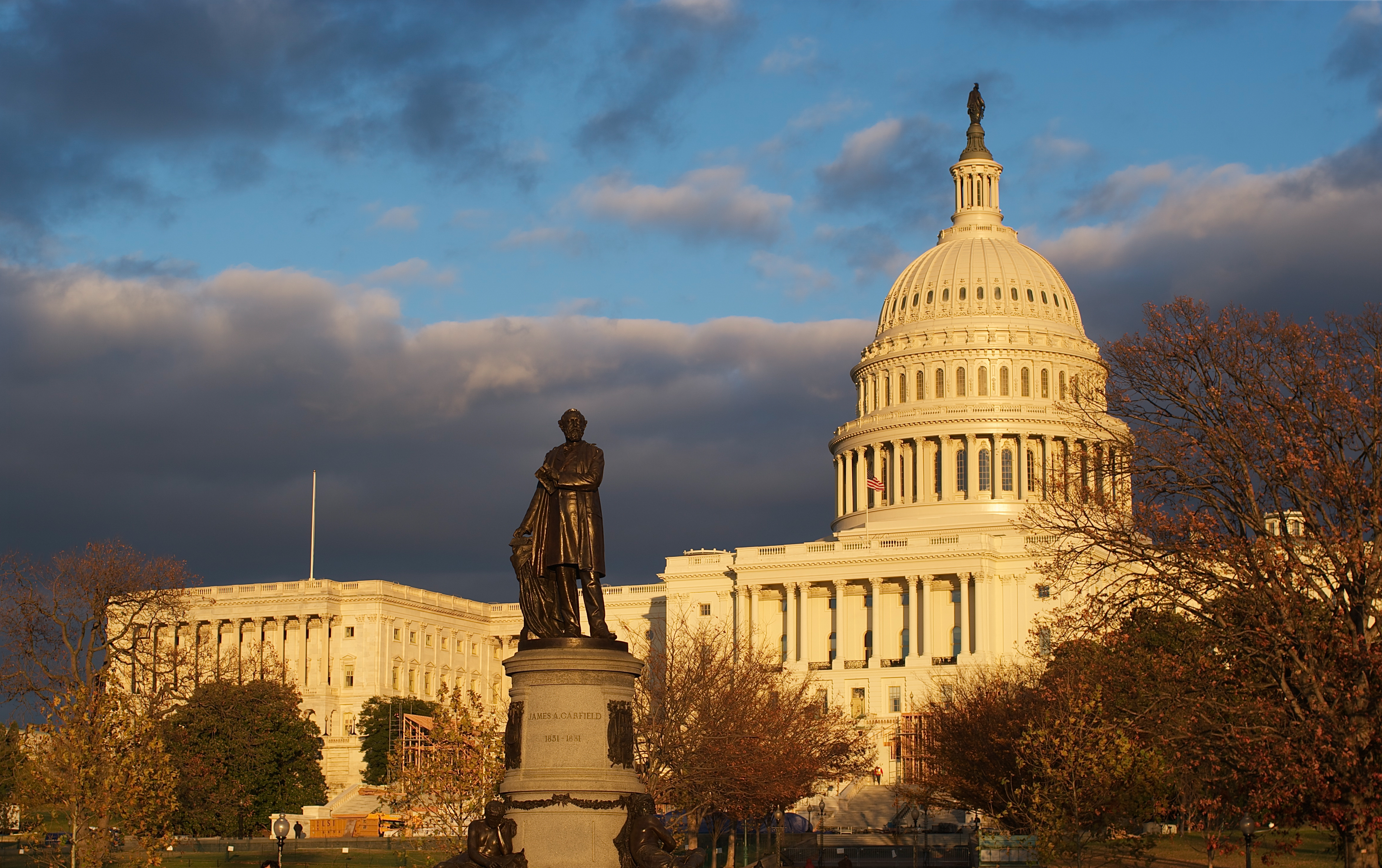Republican-Led Research Team Finds Opportunities to Build Trust Despite Trump Voters’ Deep Cultural Anxieties
Washington – New research from a Republican-led group of researchers at Democracy Fund Voice found that the recent rise in populism and nativism among voters is driven by feelings of disaffection and alienation from America’s core institutions and culture. However, the research offers hope that exposure to messages on pride and unity in America can create significant movement in key attitudes among these voters.
These preliminary findings are the product of in-depth interviews, a national public opinion poll, and message testing carried out this fall to understand the attitudes driving the behavior of supporters of Donald Trump.
“This year’s unique election and charged ideological environment demands unique research to better understand how to navigate the post-2016 political world,” said Alex Lundry of Deep Root Analytics, director of the research team, and former Director of Data Science for Mitt Romney’s 2012 presidential campaign and Chief Analytics Officer for Jeb Bush’s 2016 presidential campaign. “This research offers a comprehensive first look at two of the most powerful emergent political forces of this year: 21st century American populism and nativism. Our multifaceted research methodology digs deep into these phenomena and is a must read for anyone wanting to better understand what happened this November and what’s next.”
Indeed, the findings revealed a deeply divided and concerned electorate. Through in-depth, one-on-one interviews, the study found that many white, Republican voters supporting Donald Trump feel like strangers in their own country – quieted and shut-out by a fast-evolving American culture. Similarly, a national survey showed how 64% of Republicans supporting Trump in the primary, and 53% of all Americans, feel that our society is changing so fast that it can be difficult to keep up.
These voters feel alienated from government, community, and a “new” America they aren’t comfortable with. The interviews in Pennsylvania and North Carolina in August and September of 2016, respectively, revealed deep cultural anxiety around four themes:
- Americanism: Fear of losing core, defining values that make America unique.
- Race: Fear that demographic change is weakening community ties and excluding people.
- Immigration: Fear of losing control of our borders and endangering ourselves.
- Islam: Fear of letting people into the country who are hostile to America.
The national survey conducted by Echelon Insights showed that ideals of a melting pot and the American Dream are still prevalent, but are being tested by the current climate. Specifically, voters expressed great concerns about the assimilation of immigrants, including their beliefs and value systems. When asked about the requirements for being a good American, 65% of respondents said belief in personal freedom, 65% said speaking English, and 61% said patriotism. However, 59% of Trump supporters do not believe immigrants are willing to assimilate.
Across party, class, education, and income, voters also expressed anxiety in their perceptions of Muslim Americans. Troublingly, many voters view Muslim Americans as a threat to voters’ personal values and lifestyles in a way that is distinct from other concerns about racial tensions. Twenty-eight percent of all voters agree Islam is compatible with American values, while 43% disagree, and only 13% of Republicans supporting Trump in the primary agree Islam is compatible with American values, while 73% disagree.
“Our country has experienced unprecedented changes in recent years that have left many Americans feeling disconnected and disoriented,” said Joe Goldman, President of Democracy Fund Voice. “If we are going to bring our country together and move beyond the divisive rhetoric that we saw in 2016, we need to understand the anxieties that people are experiencing, and find ways to open up a constructive dialogue. While these fears run deep, the findings of this research should give us a reason to be optimistic for the future.”
Researchers from the Cato Institute showed that certain messages generated significant movement on key attitudes about Muslim Americans, the group least familiar to respondents. Media experiments, including video ads, banner ads, and opinion pieces, were able to persuade people to exhibit greater acceptance of Muslims, according to an online survey of 6,700 respondents. Notably, participants were persuaded after hearing Muslims share firsthand accounts of their daily life experiences and learned about their pride in being Americans.
One video in particular depicting young Muslim Americans reacting to hateful comments on social media increased favorability of Muslims from 34% in the control group to 52% in the treatment group. Among strong Trump supporters, respondents who rated Trump more than 80 on an 100-point scale, favorable opinions increased from 11% to 38%.
“With this initial research and in future work, we hope to identify opportunities to build trust and unity in America,” said Mindy Finn, a member of the research team and former RNC Chief Digital Strategist and Senior Advisor to the NRSC. “We’re encouraged that despite today’s cultural anxiety, Right and Left alike share common core values and embrace the ideal of Americans of all backgrounds living in harmony.”
Democracy Fund Voice will publish expanded results in the future. Research was conducted by Echelon Insights, Edge Research, and the Cato Institute.
***
Democracy Fund Voice is a nonpartisan organization, created by eBay founder and philanthropist Pierre Omidyar, dedicated to helping America build a stronger, healthier democracy. For more information, contact Lauren Strayer by calling 202-420-7928 or by emailing lstrayer@democracyfundvoice.org.

